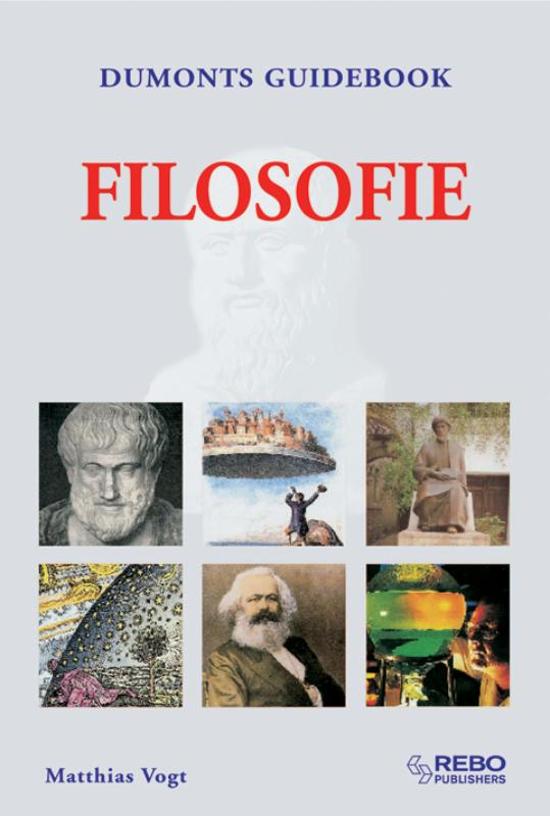 strange headache
strange headache
Okay, so... I want to _respectfully_ offer the point that the list provided is, in its structure and selections, highly focused on English philosophy and the generally self-serving view of the tradition that comes with it, to the great detriment of all the other strands in play.
And I truly mean "respectfully," because the amount of content and the presentation is lovely. And it's not even wrong, per se, just not the tradition towards which I would ever guide a student. And anyone who puts down their own "list" is placing cards on the table as to their understanding of the past, so any one of us would be open to critique after having done so.
The main problem behind it is the tendency to group authors or books by certain sub-problems as if these are distinct disciplines. So we get, e.g., "ethics" as a discipline of debates terminating more of less in American-style pragmatism, all along the way kept separate from epistemology or presumed side-problems like aesthetics or theology. Someone like Husserl shows up in a separate section from epistemology, even though he was dealing with its very foundations, and Heidegger becomes an existentialist rather than the most profound critic of the entire project of separating epistemology from a complete ontology.
Merely looking at Kant's body of work as an example, we can see just how deficient it is to split up the tradition by discipline as if these problem areas are ever independent: Kant's "epistemological" work (1st Critique) is informed by a prior moral perception of our duty to discipline the
proper (given to us, appropriate, natural) use of each faculty with which we are endowed, which is also his ethical concept of maturity (see: his reading of his era and historical moment; Enlightenment as a uniquely Western cultural attainment of mature balance and self-sufficiency, a victory over the backwards confusions of Eastern mysticisms, etc); ultimately he cannot even contain the conversation there in the 1st Critique nor can he leave the 2nd Critique alone as a sufficient work of ethics, and ends up uniting the strands (how are we ethical and yet determined? composed of bounded faculties yet acting as if there is a transcendent order to it?) in his 3rd major work, which spends its time on aesthetics. In a sense, it's clear by that point that a particular understanding of freedom within art / creativity (based in the imagination as the one faculty that overreaches all the others, engages them to play at their bounds) was also inseparable from his project from the outset, along with a set of pseudo-theological readings of the proper role of teleology and harmony between nature and our faculties. In short, in Kant, there is no real separation between these problems at all, despite his outward suggestion--which points to the insufficiency of any ordered philosophical system that tries to escape its indebtedness to history, and Hegel of course rightly takes him to task on this point (no
Hegel in the list??).
So I mainly just want to be sure that a new arrival to the discipline of philosophy doesn't come to believe that any one list like this one is neutral, and that they begin to realize how much the "first science" of philosophy isn't even epistemology at all, but _history_. History is where one grasps the trajectories of tradition and makes them into a frame through which we read the next horizon, and it's the primary battleground for even grasping the embattled origins of the basic words we use like "self", "rational", or "truth" in the first place. None of these inherited terms are self-evident or neutral, nor do they escape historical debt for a moment.
But enough being a contrarian... I'm too lazy to create such a beautifully formatted list myself, so I'll just throw a few random additions in off the top of my head:
- Heidegger doesn't belong with existentialism, but with a different, radical trajectory of thought that stretches out in two directions in the 20th century: one half of the fork funnels into
Derrida and
poststructuralism ("deconstruction" is essentially a play on Heidegger's historical "destruktion" anyway), and the other half points into another take on history and language, in
hermeneutics (see:
Gadamer (
Truth and Method is an unskippable text),
Ricoeur). One must touch on authors between these bounds as well (some inspired more by Marx, eg.
Foucault, and others that flow from
psychoanalysis, a tradition that needs some recognition here, although my preferred author
Lacan is too inaccessible to make an intro list; maybe
Zizek if you can stomach him). Theology is also in play, so someone like Rene
Girard fits perfectly in this spot; later works by Heidegger are also very often theological in a complicated way.
- Speaking of philosophy of religion, terminating in the likes of Bertrand Russel and Dawkins is... criminal, in my mind. But I'll be open in admitting that I consider the former a borderline charlatan, and the latter not even worthy of a footnote in the ongoing body of philosophy. Allow me to at least add someone like
David Bentley Hart (
The Experience of God is a good choice), and as mentioned prior, Rene Girard, who challenged the very foundations of the category of myth. If we're
really trying to suggest that Russel was the termination point of classical arguments for God, let's add a contemporary Thomist like
Edward Feser, who is much more faithful to articulating the depths of these old concepts that are badly attenuated to cartoon-level strawmen by the likes of Dawkins, etc. And someone with a more critical historical reading of our secular era is necessary, so we need
Charles Taylor on here.
- For ethics, we need at least some recent virtue ethics, like
MacIntrye. But I don't like the notion of ethics as sub-problem or discipline, and I think that overall contributes to more confusion than anything.
I'm sure I'll have additional irritated ramblings later. But my main point to the newcomer is that one must be
very careful about philosophy as a professionalized discipline of distinct problems (mimicking science, much to its detriment), rather than as a meeting point of many different problems (aesthetic, historical, theological) that cannot ever be taken off the table. My graduate work in philosophy was at an institution with a more historical and non-English bent, and I consider that invaluable.
 strange headache
's recent thread on Douglas Adams.
strange headache
's recent thread on Douglas Adams.









